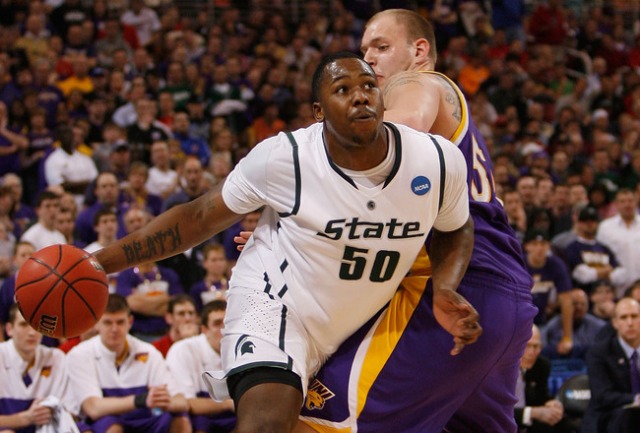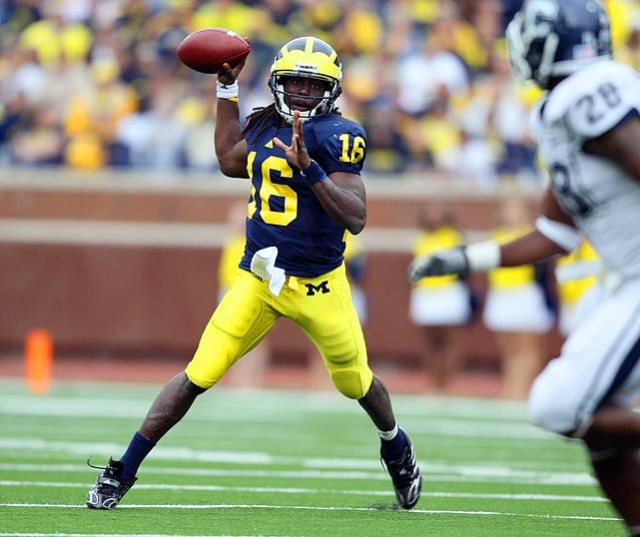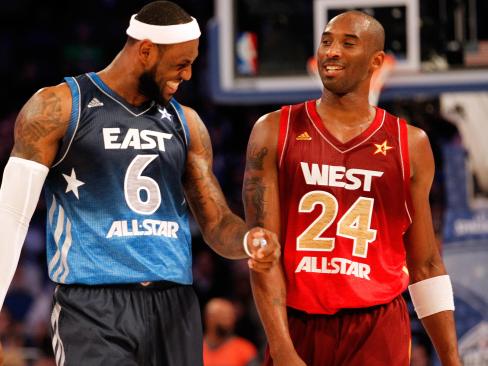You’re responsible for the people you allow to be in your circle. When you’re constantly frustrated about the people you choose to accept in your circle, then you deserve to be frustrated—you have no one to blame but yourself. Keep people around you who are going to help you to progress. Don’t attempt to disassociate with individuals who are going to hold you accountable to high standards and who offer you substantive critiques you need to hear. Too many people cast away those who they should retain in their circle and discard those they need to keep.
The people you have in your circle are going to play an instrumental role in your success and continued success. If you’re a truly mature adult, you will deal with those in your circle in a straightforward way. When you’re a mature adult, you will not communicate with them in third person and send indirect messages to them using various social media platforms.
Although it’s vital to surround yourself with positive people, this does not mean you should have a bunch of head nodding yes men around you. You shouldn’t want the majority of the people in your circle to sit around in awe of you; you should want people around you who merit awe too. Many people maintain a circle of friends and associates who aren’t going to threaten their weak self-esteem, but the truth is you need people around you who are candidly willing to tell you that you need to do something to ameliorate your low self-esteem. While you don’t want someone who is persistently trying to maliciously attack you to stay around you, you should want people in your circle who aren’t afraid to offer you constructive criticism even when you don’t solicit it.
Too often people are so concerned about associating with “rubber stamp” people that they don’t give much focus to the tangible signs revealing those individuals aren’t really their supporters. The reality is when “rubber stamp” people hang around one another, especially all the time, it becomes nothing more than a futile competition between themselves.
While some people like to boast about having an extensive circle of close friends, the truth is you really don’t have but a few true close friends, and when you recognize this, you free yourself from a certain incapacitating ignorance.
Make an honest assessment of the individuals you consider to be in your circle. If those individuals add no value to your life, then you may want to consider removing them for your circle—just make sure you’re not eliminating someone from you circle who refuses to accept mediocrity from you.
Antonio Maurice Daniels
University of Wisconsin-Madison
Related Articles
- Is Low Self-Esteem Making You Vulnerable to Depression? (psychologytoday.com)
- How to Battle Low Self-Esteem (everydayhealth.com)
- Growing Vibrant Local Spiritual Circles (laughingwomynblog.wordpress.com)
- New ways to Create Own Esteem (gerardgharr.wordpress.com)
- Building self esteem in children (infogorilla.wordpress.com)












